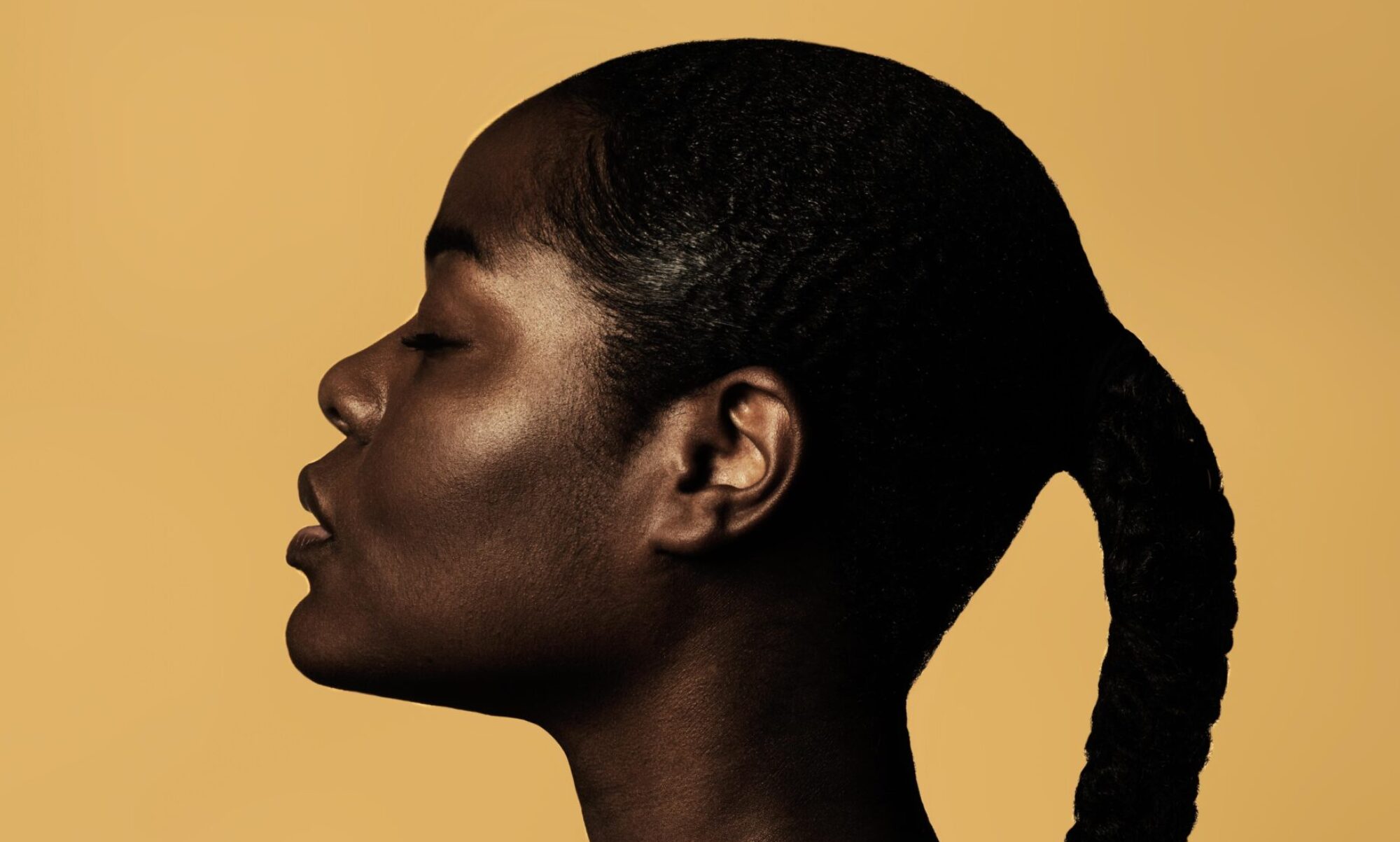The at-home birth experience
*Disclaimer: home birth is not a safe option for everyone. Please consult a medical professional to see if you are low risk*
Sherria is a loving wife and mama to two kids. Her story is a bit different than most. 
Labor and delivery has always interested Sherria. When asked about her view on traditional hospital births, she reflects back on her younger sister’s experience in a hospital, and compares it to her own home births. She was right by her sister’s side through her pregnancy, and saw firsthand the way her sister was treated by doctors for being young, Black, and on Medicaid. Sherria found herself being the one asking questions, and was realized if she wasn’t there to advocate for her younger sister, the doctors wouldn’t have thought twice about any part of her care plan. She remembers feeling frustrated that her sister seemed to accept everything the doctors said without question.
“I believe women should have a voice in their care. We have found our voice in every other arena, why do we lose it when it comes to pregnancy?”
Let’s backtrack to where Sherria’s interests in pregnancy began.
In college, she had a close family friend who became pregnant and decided to have a home birth. This was the first time she knew someone who was having an out of hospital birth, and she was fascinated. Sherria asked her friend questions every step of the way. The home birth went well, and both mama and baby were healthy.
Sherria was hooked. She started researching and learning more about non-traditional birthing options. She found Birth Without Fear, an online community that educates about at home birthing options, and even went to a Birth Without Fear conference in Atlanta. She was the only person in attendance who didn’t have any kids of her own.
She started seeing at home birth as an option for herself. She brought it up to her husband, who didn’t bat an eye. They started watching home birth videos and researching together. Sherria even chose her midwife, a woman who had been her friend’s midwife, a full year before she became pregnant.
She liked how educated her midwife was, and how personalized the care was. The midwife came to her home. She explained everything she was doing, like what exactly the urine analysis was testing for, and even had Sherria do it herself. The midwife welcomed her questions, and knew alternatives to treatments so that more medication wasn’t always the go to choice. She recommended Sherria and her husband take birthing classes which taught the Bradley method. The Bradley method emphasizes birth as a natural process, and teaches the spouse or partner how to be a labor coach. Sherria loves this approach because it gave her husband a role and purpose in the birthing process, and made her and her husband more of a team.
When it came time, Sherria and her husband were ready. They had assembled an excellent team, had practiced the breathing and support exercises, and were knowledgable and prepared. Their plan was an at home water birth with no epidural, as natural as possible. The birth went smoothly and Sherria gave birth to a healthy baby. And after, she got to take a shower in her own shower and sleep in her own bed.

“Birth is not what Hollywood makes it seem. There was no screaming; I grunted and hummed my babies out”
Now the mother of two healthy home-birth babies, Sherria is passionate about educating young mothers of color about alternative birthing options. She is interested in becoming a doula, or working at the hospital or community center as a source of knowledge and support.

When people react with surprise at her story, she simply laughs and says, “Hey, don’t knock it until you research it.” To her, knowledge is everything in determining your care.
Lastly, I asked the question, “what are ways that non-Black providers can make Black women feel safe and cared for?”
S: Provide us with the same kind of care they provide anyone else, or better yet what they would want for their wives, sisters, and daughters. Know our staggering numbers and stats, and use that knowledge to HELP us, not hinder us further.
Thank you, Sherria.
